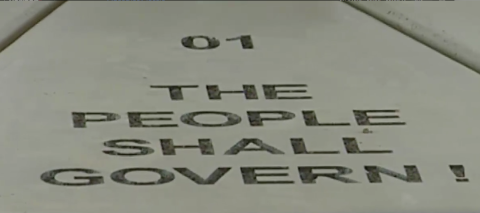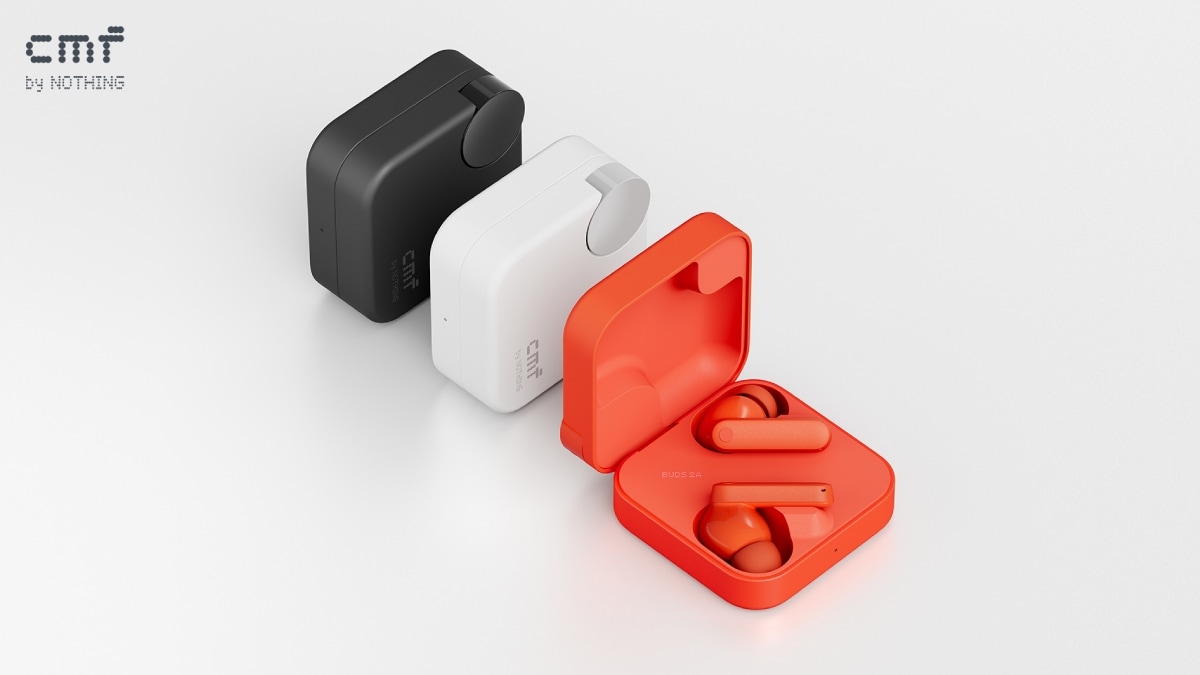A better life for all just a pipe dream for Kliptown residents
Bucket toilets that are emptied twice a week, shacks that are built so close to each other that there is no space between them, young unemployed people standing in corners, no electricity and bad roads everywhere.
Welcome to Kliptown informal settlement, a place that is just a stone's throw away from the Walter Sisulu Square of Dedication were the Freedom Charter was signed and adopted 70 years ago, promising black South Africans – who had been oppressed under apartheid – a better life.
However, angry residents said their living conditions were a stark contrast to the promises of the Freedom Charter which formed the basis of the country's Constitution. They said they were yet to enjoy the fruits of the adoption of the Freedom Charter as they have been living in terrible conditions since they were born.
"Three weeks ago, deputy president Paul Mashatile came [to Charlotte Maxeke's house]. They brought a mobile toilet just for him, which shows they can do it. But we’re still stuck with the bucket system. One toilet is shared by seven families. It’s like they see us as pigs."
Ngwenya said after the festivities were over, Mashatile's entourage took the mobile toilet with them, as well as the artificial tiles and grass put in front of the house to make it look good for the deputy president. A week before Mashatile's visit, the road surface leading to the house had been levelled to ensure the officials' vehicles have a smooth ride, she said.
"Every year they honour Charlotte Maxeke’s legacy with speeches and tents," said Ngwenya. "But they ignore her people. We live in mud, we bury our loved ones outside our homes because undertakers can’t reach us. That’s our reality, not theirs."
Zanele Mokoena, who lives in a shack opposite Charlotte Maxeke’s house, said she was yet to see a better life in her 43 years.
"Some of the communal taps are not working. There are no streetlights and this road construction here started in May last year. It was supposed to take six months. Now it’s June 2025, and we still have tractors digging, nothing else."
Mokoena said the lack of electricity and proper roads wasn't just an inconvenience but it’s life-threatening. "When someone gets sick at night, ambulances don’t come. The police also don't come. It’s too dark and unsafe. But when It's Charlotte Maxeke’s birthday ... oh, then the gravel road is fixed, and the red carpet is rolled out."
In 2005, the Walter Sisulu Square, valued at over R163m, was opened with the intention of reviving the area's economy and help create employment. The square featured among others a hotel, licensing department, post office, museum and clothing shops.
However, over the years the hotel lost clients, allegedly because street vendors decided to start selling vegetables and sweets just outside it. The underground parking for the hotel became unusable as it was dark due to lack of electricity. It later became a dumping site filled with rubbish.
Then July 2021 became a nail in the coffin for the square as shops were looted and vandalised, residents said. Homeless people then moved into the empty shops and the licensing department at the square. They were only removed in September last year when City of Joburg started with renovations.
An employee of the hotel who asked to remain anonymous said people are constantly cancelling their bookings. One booking was for today (June 26) but that was cancelled as well.
Thulani Sealetsa said the square was meant to uplift Kliptown but has done the opposite.
"The jobs it promised? Gone. The square? Vandalised."
Sealetsa said there was a clear divide in Kliptown: "Past the train station, it's like a different world. But we are left behind, forgotten."
Residents said as the anniversary of the Freedom Charter approaches, the government will be celebrating a promise it has failed to keep, and doing so on the land where those promises were first made.










